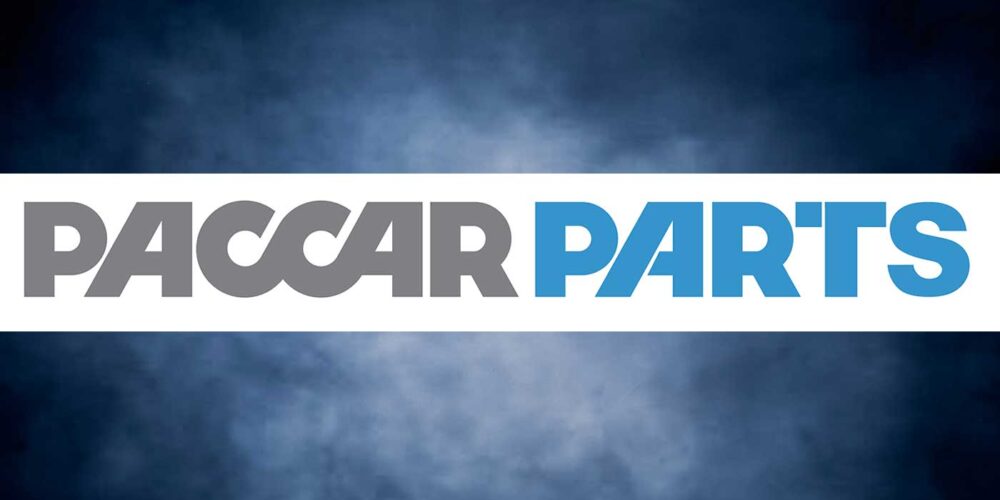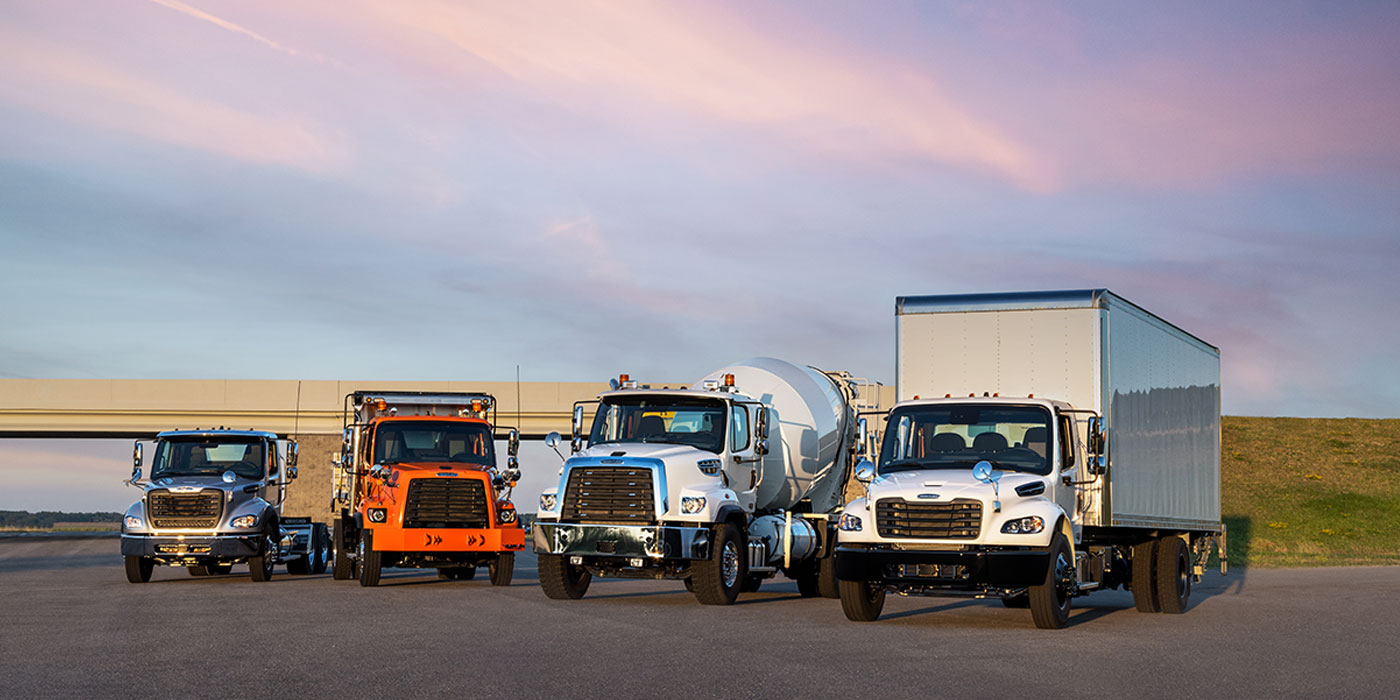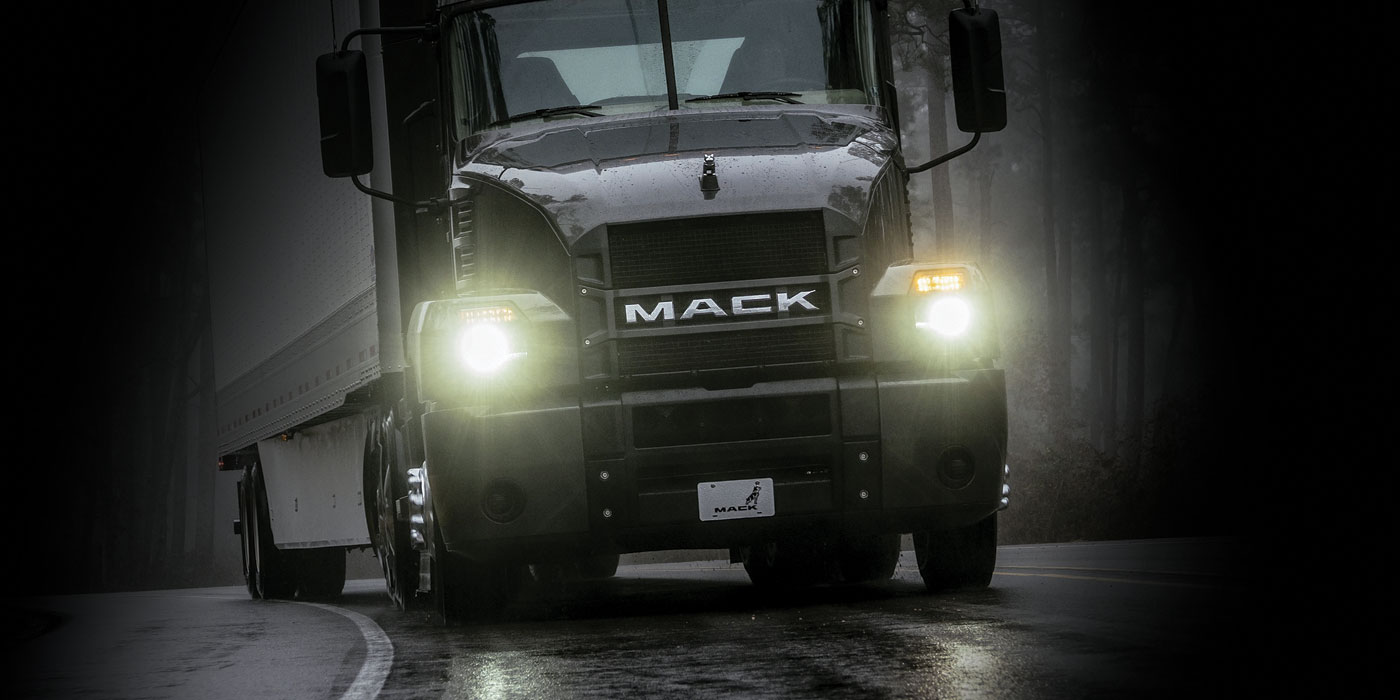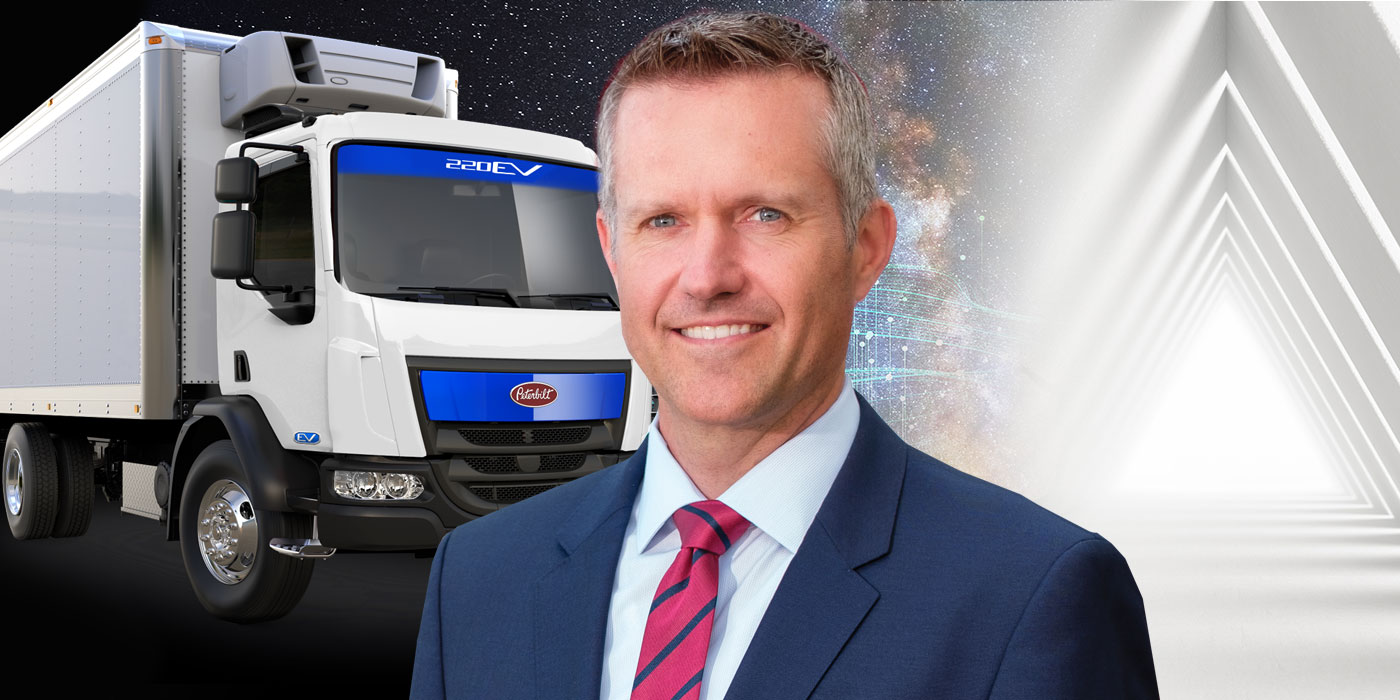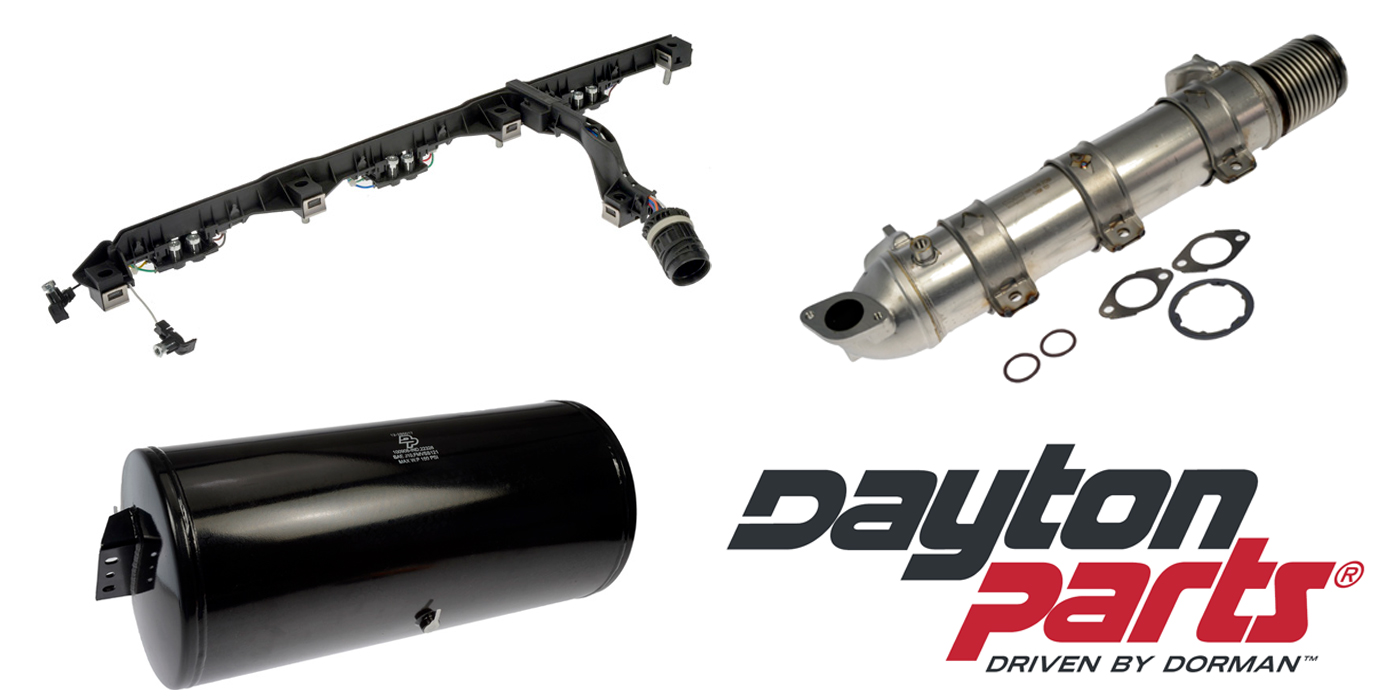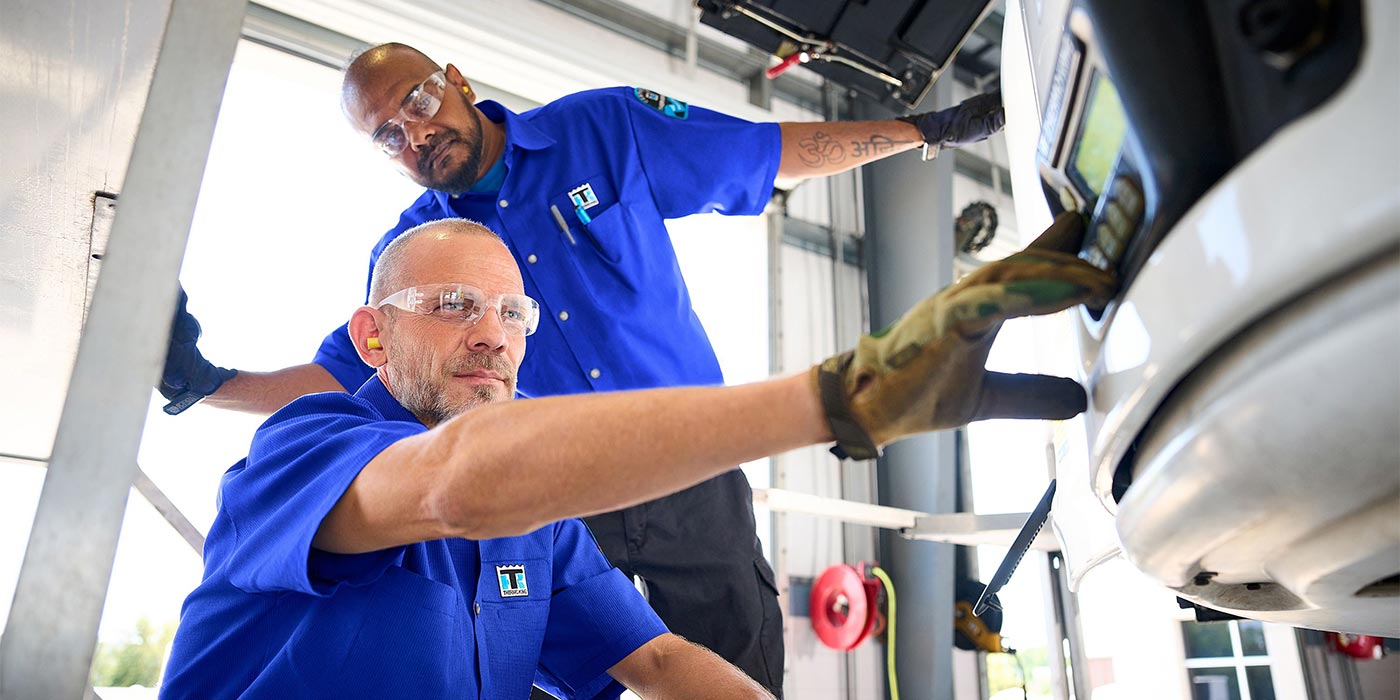
Developing and testing new engine oils requires a careful balance: fuel economy must be balanced with product durability and the precision of laboratory testing must be balanced by evaluating the oil’s performance under real-world conditions. Consequently, every product development process is an intense and iterative cycle, from definition to deployment. Market needs identified in the early stages of the process such as the requirement for a high-performance, low-viscosity heavy-duty engine oil, drive both the formulation and the testing approach.
Developing a fuel-efficient, heavy-duty engine oil has four basic steps:
- Significant laboratory work using friction or rig tests evaluates the effects of oil formulation on component friction. Many formulations can be screened quickly to assess the effects of different base oil and additive properties.
- Fired engine tests measure an engine’s fuel efficiency using different lubricant formulations. In a test-bench engine, parameters such as engine speed or load, fuel flow, coolant flow and airflow can be controlled precisely.
- A chassis dynamometer (a device for measuring and testing vehicles by simulating the road in a controlled environment) can be used to evaluate vehicle performance with different lubricant or fuel formulations. On these rolling roads, many aspects of vehicle performance can be standardized to enable precise measurement of small differences in vehicle speed, load, airflow and temperature. Sophisticated experiments can even make use of robot drivers to minimize the effects of human variability or errors.
- The final step is a field trial on a fleet of vehicles at a third-party track location. Such field trials enable Shell scientists to test lubricants under real-world conditions: on the road with driving conditions and loads representative of urban and/or highway driving.
Designing a fuel-economy field trial
End users want to know that any performance benefits were tested and achieved under conditions that closely match real operational conditions for the oil. However, evaluation in the field can be difficult because many factors influence real-world fuel economy—driver behavior and driving conditions being chief among them. To isolate the effect of a lubricant, oil formulators conduct large-scale experiments that minimize the number of variables to be controlled and standardize those variables that cannot be controlled. This approach eliminates bias, thereby enabling accurate evaluations of the effect that a lubricant has on fuel economy.
A fuel economy field trial can show how the fuel economy impact of a lubricant can be effectively and precisely measured under real-world test conditions. Shell Lubricants, for example, uses field trials to assess how different viscosity oils affected fuel economy in different engine models in realistic real-world settings, and to evaluate the efficiency effect of low-viscosity engine oil technologies.
Next month, we’ll cover how to design a field trial that evaluates the fuel economy of trucks with different duty cycles.
Dan Arcy is the global OEM technical manager for Shell Lubricants.
Check out the rest of the July digital edition of Fleet Equipment here.






